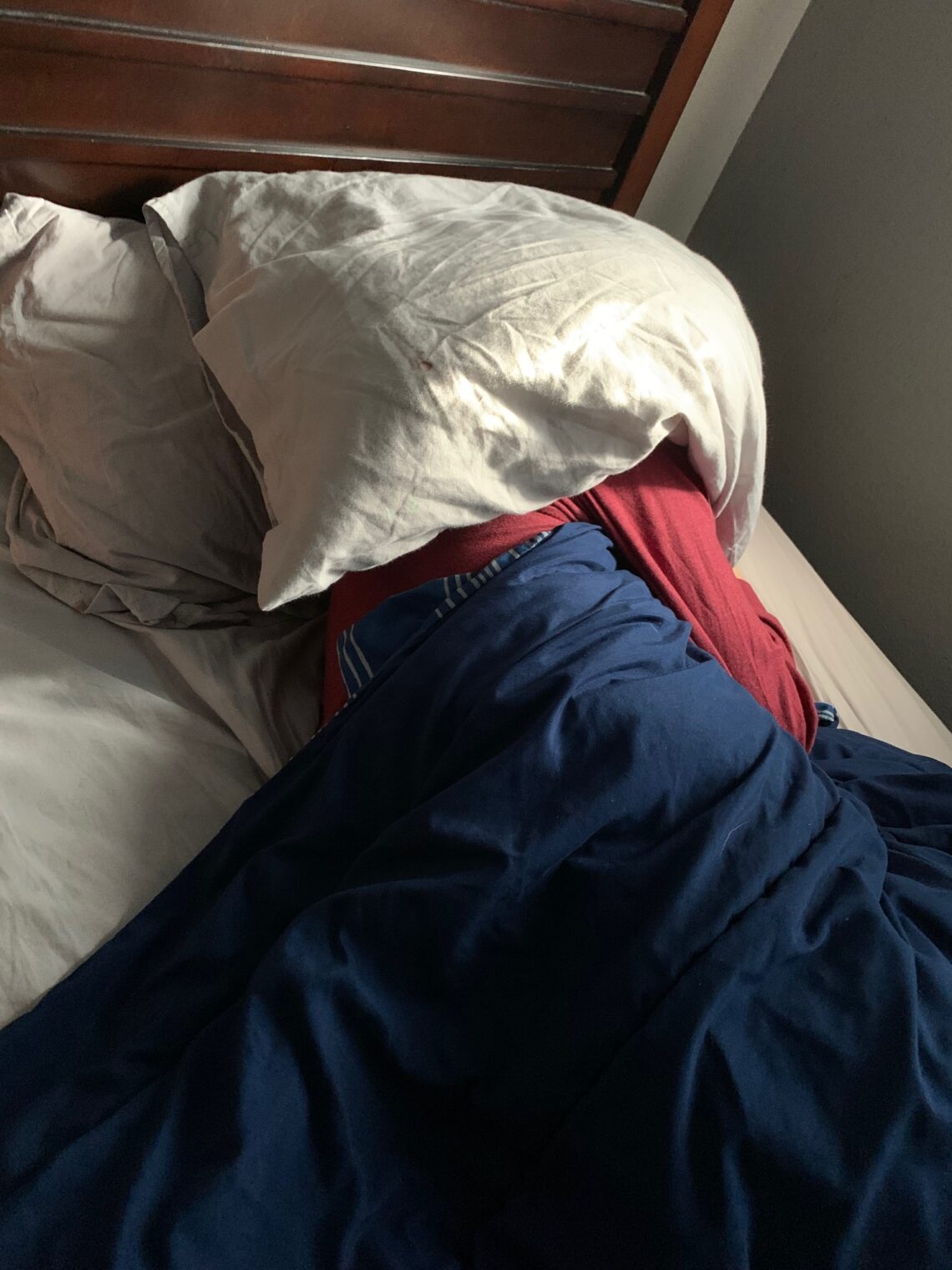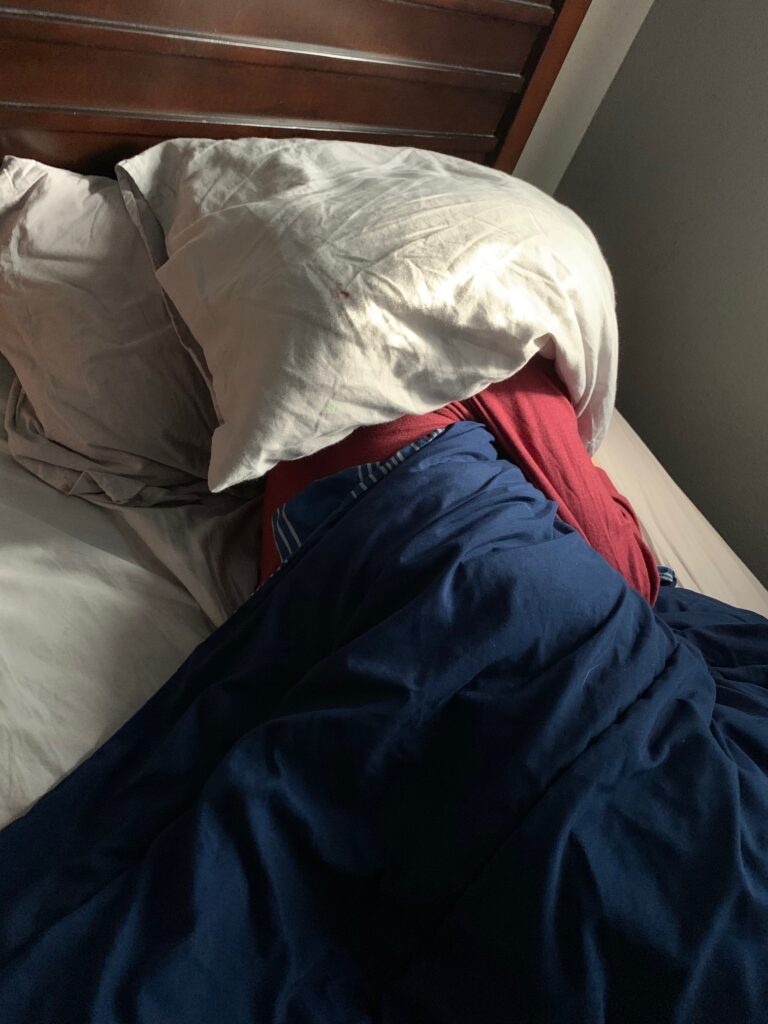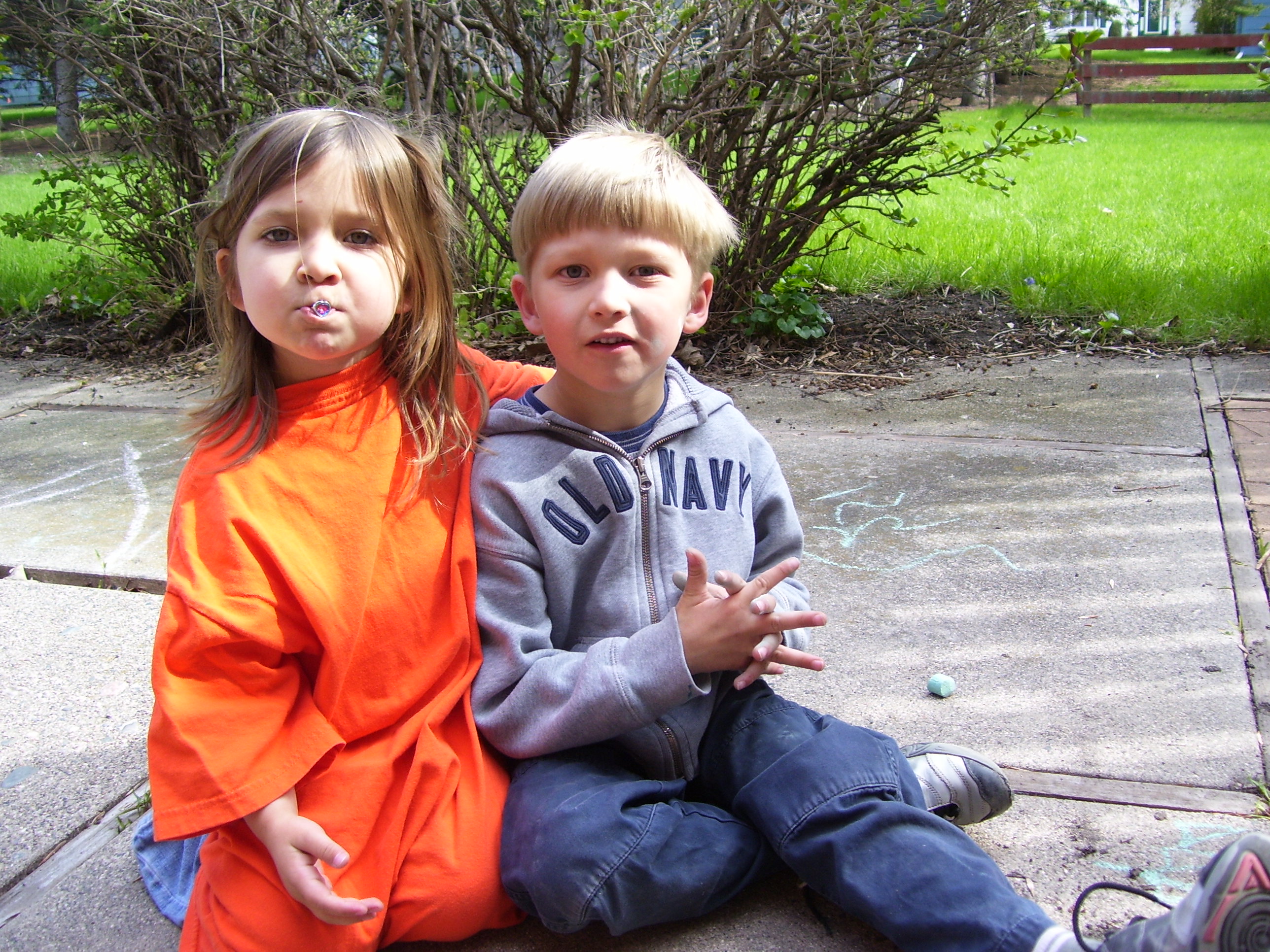
January Was a Tough Year, But We Made It
I picked up J from school Friday morning and he looked exactly like the school nurse described on the phone–“ashen.” School overhead fluorescent lights aren’t flattering on anyone, but the lights weren’t the problem. J looked like a zombie. Eyes vacant. Lethargic. Just all around awful.
J’s doctor had warned us that some kids have this type of reaction to clonidine and that J might too. But J never had this reaction the first time he started the medication back in December and I wasn’t sure he had fully recovered from the flu–since he still hadn’t fully gotten over his cough and raspy voice (W and I have been symptom free for a week now–and J gave the flu to us in the first place), and I accidentally double dosed J on his meds on Tuesday (I called poison control and they said he would be fine–he would just be really tired), so I decided to call the child psych nurse to see what we should do.
The answer to “what’s going on” is a little complicated. Because there’s a lot of backstory (and, like I posted last week, there were multiple variables happening at the same time). I wrote down the highlights on a sheet of paper:
Jan 16: started new medication dosage. Jan 17: came down with flu-like symptoms. Jan 17-20 in bed all day and night with extreme fatigue and flu like symptoms until Jan 20 afternoon. Jan 20-25 cough, raspy voice and extreme fatigue. Jan 26 accidental overdose (called poison control–not serious). Jan 28, call from school nurse, sent home because of ashen colouring and extreme fatigue.
The nurse had to ask a few times about the timeline until she got it straight and then said that their department (psychiatry) wanted to rule out any respiratory issues (pediatrics) and have pediatrics check an orthostatic blood pressure (blood pressure checked at the sitting down then standing up position) before making any decisions on adjusting the clonidine dosage. So I got off the phone with child psych and took J to the walk-in clinic.
Again the answer of “what’s going on” warranted the same embarrassingly lengthy conversation. J sat in a chair (still in zombie form) with a blue mask over his face (because of his respiratory symptoms). We had the obligatory question of “has anyone in your family visited China in the last few weeks?”, I asked the nurse to do the orthostatic blood pressure reading, and then the nurse wanted to know what was “wrong” with him, to which my only response was. “I’m not sure exactly what to say. Because child’s psych suggested we come in, have his ortostatic blood pressure checked, and have you rule for or against any respiratory symptoms that are going on, so that they can make a decision on medication adjustments. And oh yeah, I accidentally double dosed him on Tuesday this week.”

Which was totally weird because I felt like I was the “middle person” trying to negotiate between the pediatric and child psych departments to help child psych figure out what they needed to do. It’s a place I hate being in. And I’ve done it dozens of times in J’s medical lifetime. Trying to explain to general practitioners what psychological issues the child psych medical staff and I have already discussed, when GPs have little experience with the psych part of medicine.
The on-call doctor examined J, determined J had a sinus infection (I guess it’s common for people to get sinus infections after they’ve had the flu) and prescribed J antibiotics. They also determined J was teetering on the “low” end of low blood pressure.
We walked out of the clinic and sat in the car while I called child psych back. She examined J’s chart online, saw the low blood pressure and antibiotic prescription. She then said she wanted to see J drink a lot of fluids –like tons of Gatorade and water–because the sinus infection was probably dehydrating him which can bring down his blood pressure. So I swung by CVS on the way home. Triple checked with the pharmacist that the new antibiotic wouldn’t interact with J’s other medication (I had already checked with the ped dr and the child psych nurse, but wanted to make sure) and they assured me that their computer would red flag anything like that.
When we got home, I gave J the antibiotics and made him drink a ton of Gatorade. He spent the rest of the afternoon in bed. Later that afternoon, I got a call from the child psych nurse that J’s psychiatrist recommended us lowering J’s clonidine until he got over the sinus infection. It seems like we have everything finally settled for now.

It’s so much work trying to negotiate multiple medical worlds for the same child. Often, I feel like its the child psych department I have the better relationship, since they understand autism better than anyone else I’ve encountered in the medical field and we see child psych every couple of months. I often feel like pediatrics is like “well, you and child psych seem to know what’s going on, so whatever you guys say sounds good.” But every once in a while we have “normal” medical issues (like the flu, or sinus infections, or a hairline fracture on the elbow) that require pediatric dr input, but with the autism spice mixed in. It always ends up being kind of a stressful time.
Hopefully, we’ve got everything squared away with J’s health. Hopefully this week, J will finally have shaken the flu now sinusitis issue. And hopefully, we’ll be able to get back to helping J find the right medication that can help him manage his anxiety best and help him live his best life.




